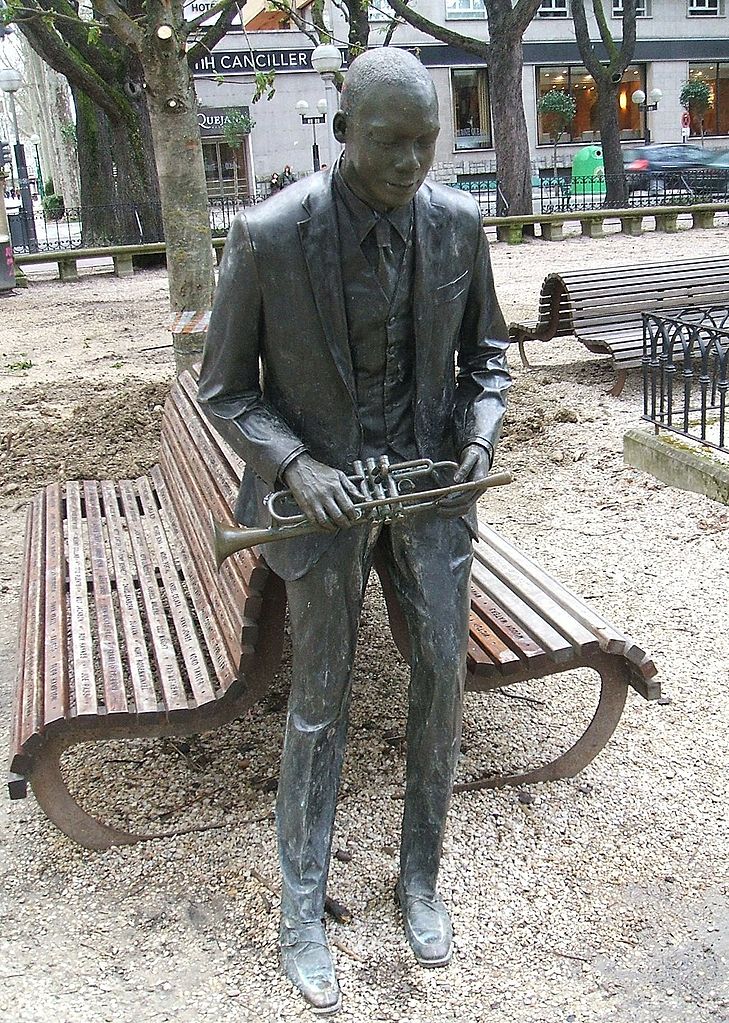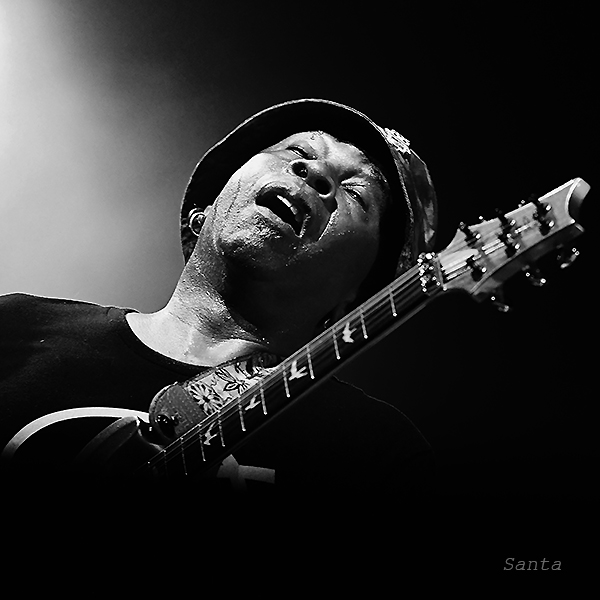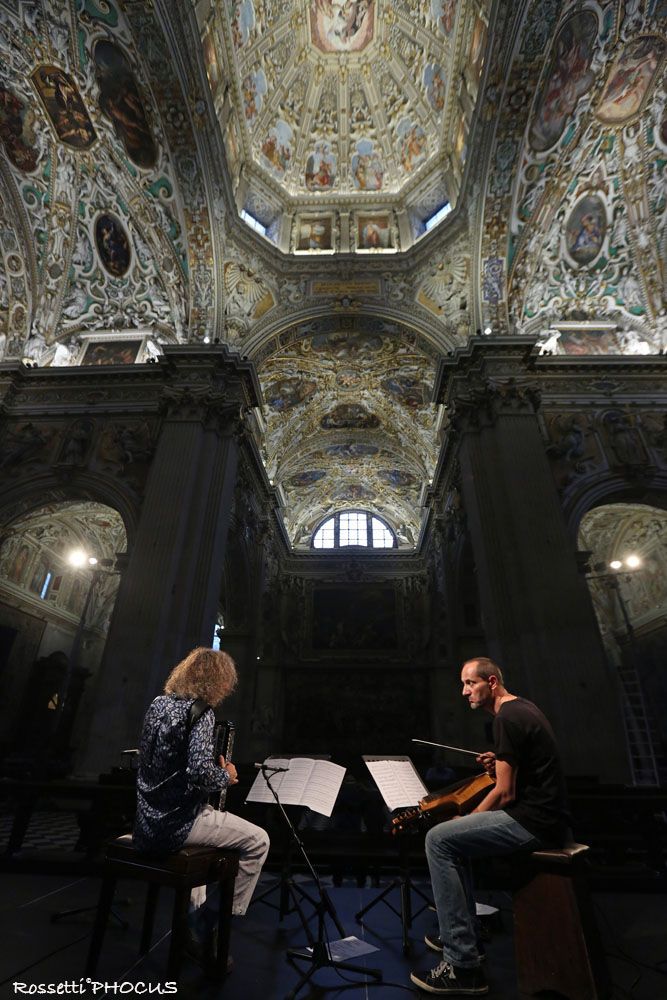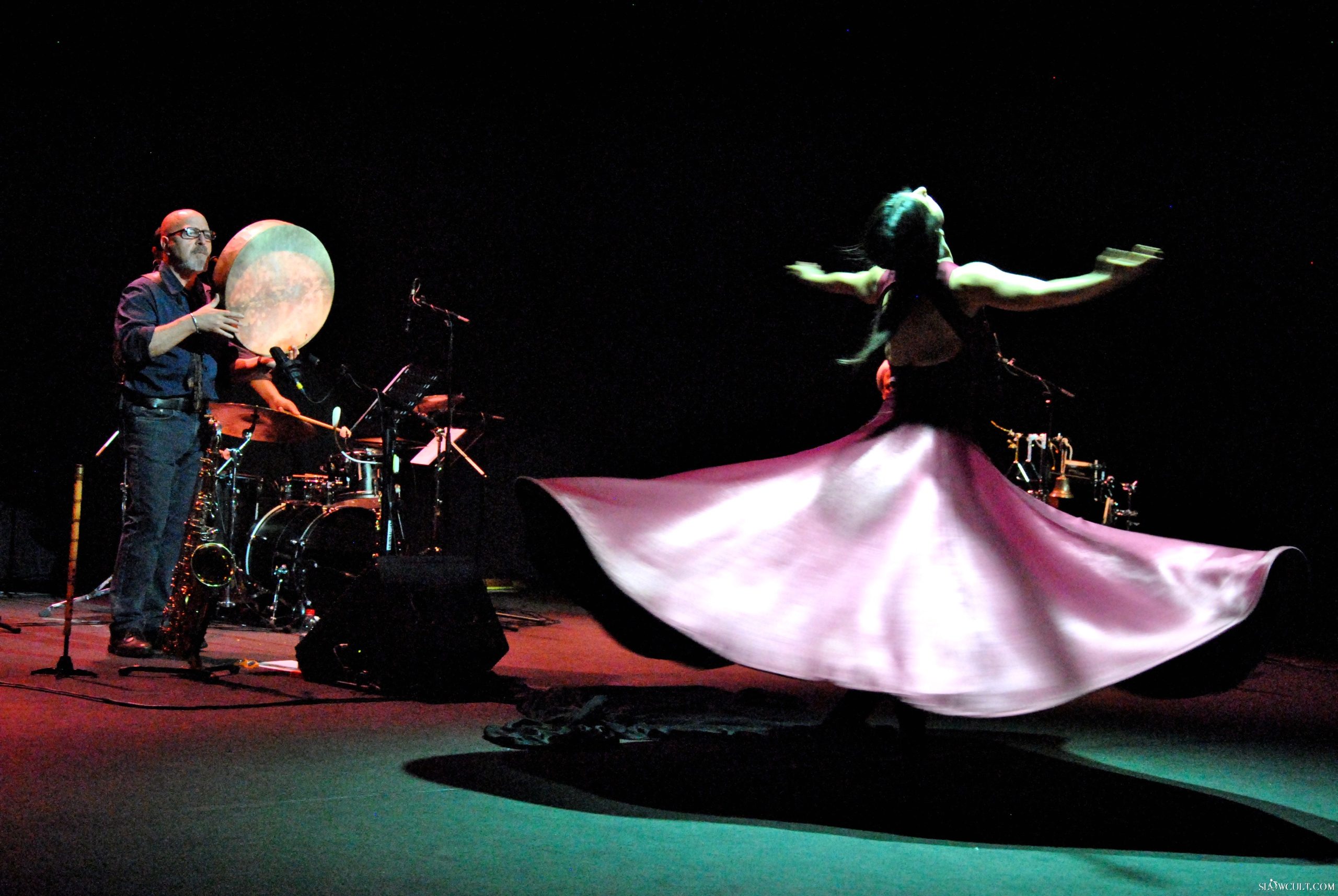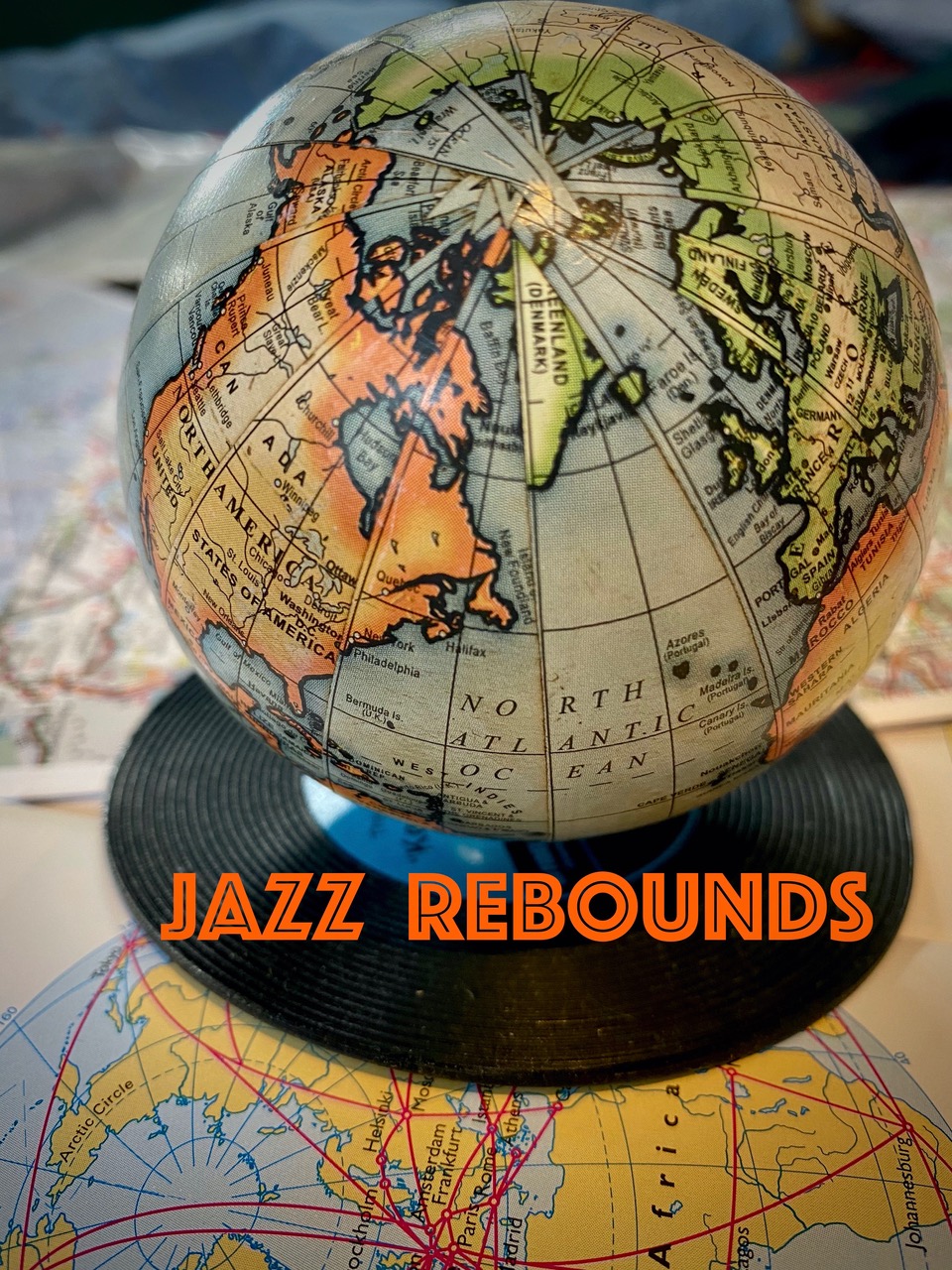China, the first country whose performing arts industry was directly affected by the pandemic, is now gradually allowing bars and clubs to reopen, though most live performances still can not be held.
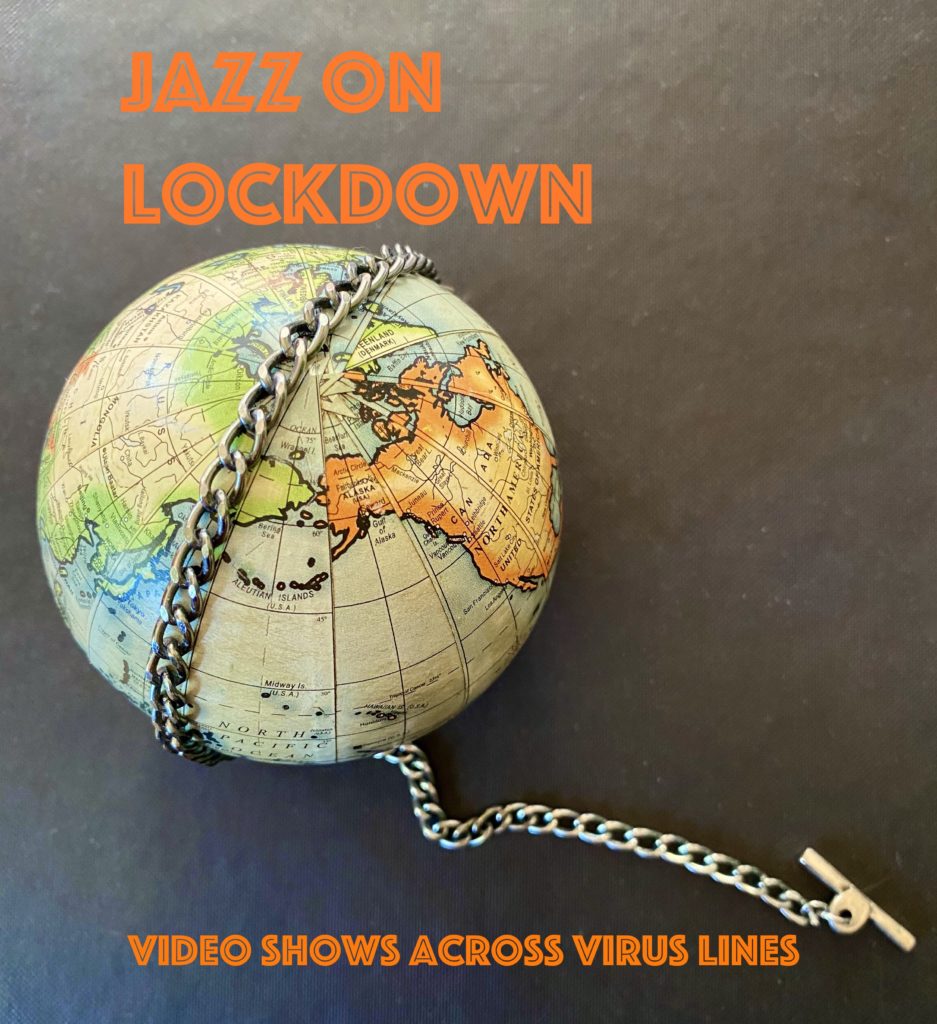
[Editor’s note: Ms. Chen, a JJA member and contributor to the Weibo website Jazz-Improv, returned from New York City, where she was studying at Fordham University, to her home in China late last month. We are proud to publish this report in honor of International Jazz Day, April 30 2020].
As Wuhan City’s coronavirus lockdown ended April 8, which indicated the domestic situation had turned better, most people have returned to their normal daily work. However, that does not apply to jazz musicians who normally would have some night-time gigs.
Local jazz musicians are still staying at home, shedding, keep writing and creating, or teaching online classes for university students. Pianist Jia Xia (夏佳), for instance, is making a series of rhythmic exercise tutorial video.
Jia released an album in 2019 called Convergence (汇流), featuring Andrea Caruso and local jazz musicians Nathaniel Gao (高太行), and Zhi Tong Xu (徐之瞳); hear it here. And visit Jai’s personal website for more information.
Blue Note China (comprising both Blue Note Beijing and Blue Note Shanghai), with performances suspended, has opened food takeaway services. Since China is now placing strict control over the possibility of cases imported from overseas, the policy of rejecting foreigners entering the country has further delayed the reopening date of Blue Note China, which usually has booked only foreign musicians to perform. “Even in the best case, the reopening of BNCN will be at least after September,” said a staff person from BNCN’s marketing department.
In order to deal with the severe financial issues generated by the coronavirus crisis and to prepare for the far-off, perhaps unachievable reopening, Blue Note China has already applied for government’s funds, and, to reduce losses, laid off two-thirds of its workers.
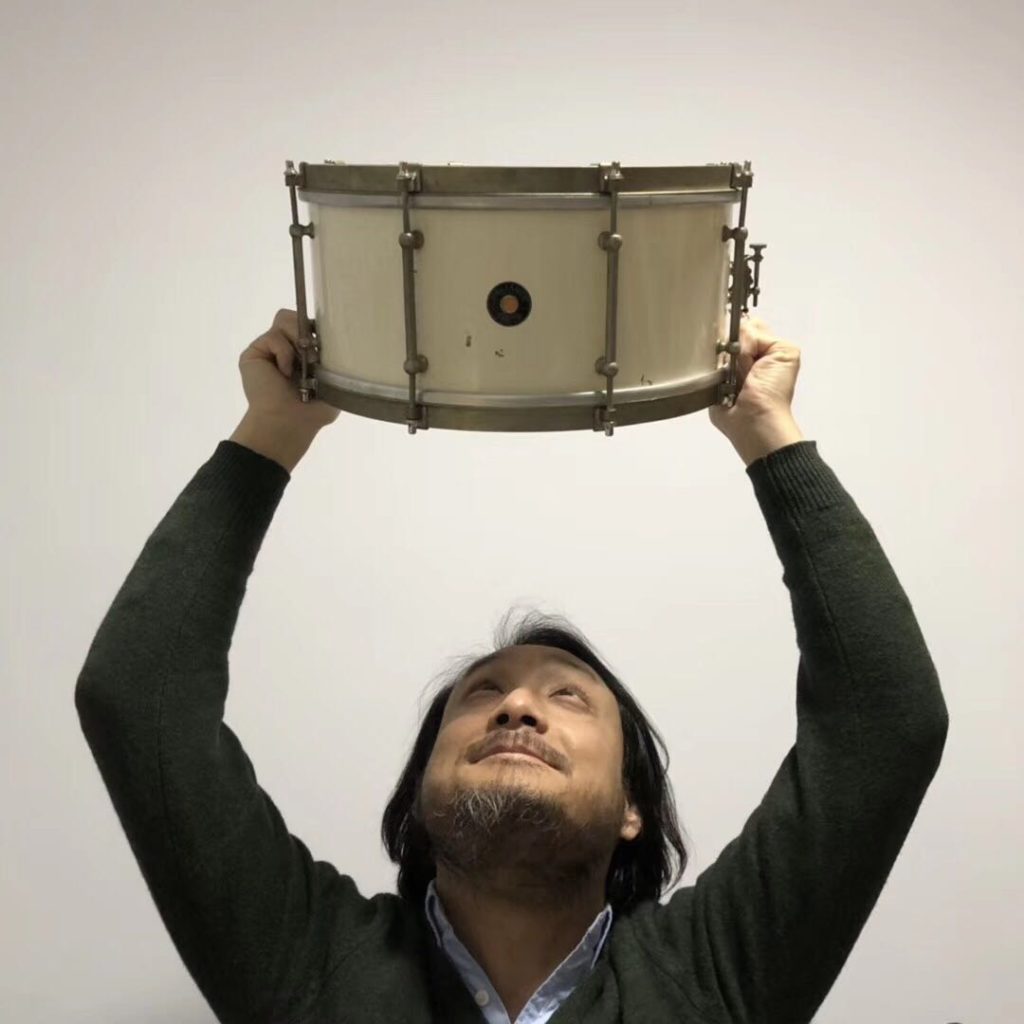
Most people who used to work for the physical venues are currently getting unemployment.
Back in the days when only China was facing the massive city lockdowns and quarantines but other countries had only a few or no confirmed cases, Chinese music venues and hosts of music festivals were the first to start streaming live performances online. Blue Note China streamed shows from Blue Note Milano and Blue Note New York, including the latter’s February 21 presentation of the duo of Bill Frisell and Ambrose Akinmusire. That stopped quickly, following the global outbreak and gradual lockdowns of New York City and Milan. JZMusic (host of JZ Jazz Festival Shanghai) and the host of Shenzhen Oct-Loft Jazz Festival used to stream the video recordings of their past jazz festivals. But all of them have run out of videos to stream and recently turned to reposting and streaming Youtube music live videos.
As a jazz journalist, I find this to be the most sorrowful time to see the obituaries of so many great musicians, educators, and milestones in jazz history passing away in such a short time, unable to do anything to help. The chief editor of Chinese jazz media Jazz-Improv (即兴) Yu Zheng and I are busy writing and translating articles these days to speak of accomplishments and values of those passing masters.
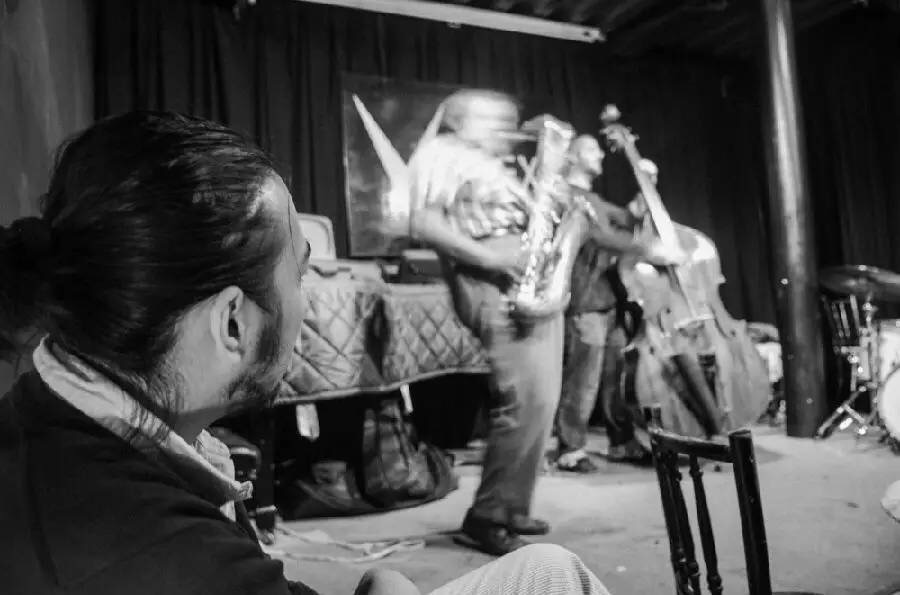
photo by Li Chun
Yu’s article to commemorate Lee Konitz not only brings up his achievements but also reminds people of Lee’s past visit to China and his influence on the local jazz scene.
For the purpose of providing our readers with plenty of online music concerts during quarantine and informing them ways to help support musicians from all over the world, Jazz-Improv helped collect all types of information on how to enjoy music during quarantine, both domestically and internationally. If we jazz journalists can do little to help people get through the crisis, we are at least still doing something.
“Music can not solve realistic issues, but when people are facing the pressure generated by reality, the ever-present and continuing spiritual world has a big significance that is far beyond the functional level. ” said Yu. “Can music stop? No.”

